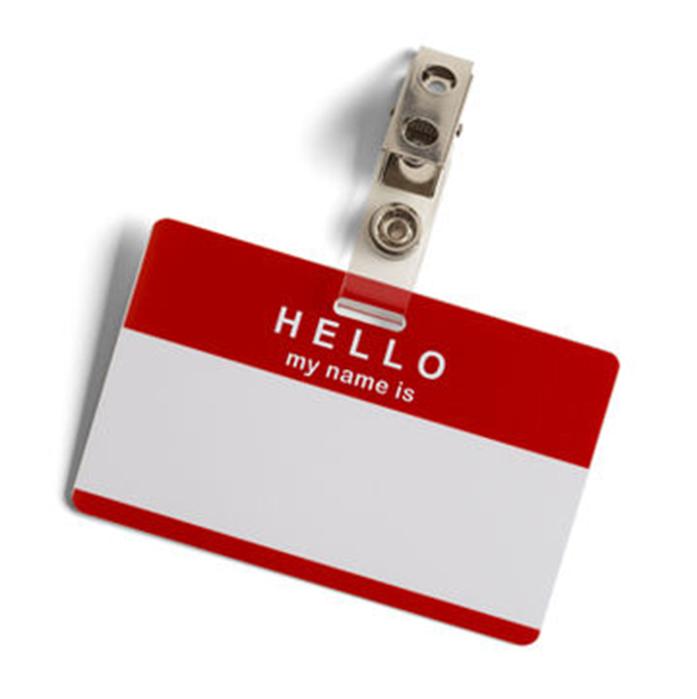A.J.K O’Donnell
Throughout the ever-expanding, continually shifting global community, we find ourselves only present in a specific microcosm at every given moment. To truly understand the world, we must analyze the cultures and communities we take space in as a mere thread of a much greater tapestry. While this concept of human existence is dually beautiful and fairly overwhelming, it creates opportunities for dialogues that connect distant communities with one another. University campuses are quintessential examples of this phenomenon; however, they are also perfect foundations on which the abuse of this interwoven aspect of human culture is perpetuated, whether inadvertently or consciously.
The custom of “naming” individuals in the context of their lineage, heritage, and ethnicity is a human practice with primordial roots. As cultures expanded and stretched across continents, throughout metropolises, and even in places such as Iowa City, a disconnect of appreciating and valuing names has accompanied this epithetic odyssey.
When we delve into the philosophical significance of “names,” we can find a distinct attribute of language that is the foundation of comprehending our exterior environments. A name, in and of itself, is utterly useless unless applied to a specific object. For example, when identifying a building on Burlington Street, one would not say the “building,” they would say the “Starbucks” or the “Voxman” building. Without the accompaniment of name words, a “building” is merely one of hundreds along Burlington Street. As with buildings, roads, or any other entity identified via speech, names allow for individuals to be specifically spoken toward, regarding, and venerated.
I would hope the majority of people realize there is a vast difference between human beings and buildings. While misnaming a building may not instigate repercussions of degradation, the continual misnaming of individuals undeniably will. It is pivotal to an enriching and validating life to acknowledge specific individuals by their idiosyncratic name. “Bethany” from Chicago, deserves the same levels of name respect as an individual from Nebraska with Latino heritage and the name “Enrique.”
If you can understand how misrepresenting the usage of “building” is toward any number of buildings in a given radi, then it is in your capacity to realize that Enrique is not “one of the millions from Nebraska.” Names not only identify the entities that are people but also every aspect of their past, present, and future — in essence their entire personhood are somehow intertwined with their names.
Common fallacies that are all too easy to placate as reasonable excuses for misnaming individuals include: “I am just bad with names,” “Well, that is just really hard to pronounce,” “I have more than 90 students to remember,” etc. Yes, it may be plausible that you are not trying to be rude, you just really are “bad” with names, but in reality, it is still problematic. As a professor, peer, or just a functioning contributor to society, it is your responsibility to venerate others’ personhood by identifying them with their preferred name. Overlooking the importance of names, physically and mentally, erases the very core of a person’s humanhood.
In an attempt to provide students with the ability to have their preferred name(s) accessible to campus documents and procedures, the University of Iowa has instituted the use of “Preferred Names” and even “Preferred Pronouns” on the software “MyUI.” I encourage professors and students to honor individual’s pronouns and their preferred names in everyday colloquialism.
Appropriately addressing individuals with their name and preferred pronouns is the only way to adequately cultivate a safe and validating environment for all students and campus personnel. In the world beyond the UI, you will be present in many more microcosms, each with individuals who have names that are “hard to pronounce” or seem “foreign” to you. No matter what the constructs of a specific area are, it is fair to argue that names will never be subject to fluidity — therefore, it is in your best interest to have a respectful rapport and decorum with others and identifying them by their own, beautifully diverse and uniquely defining names.



